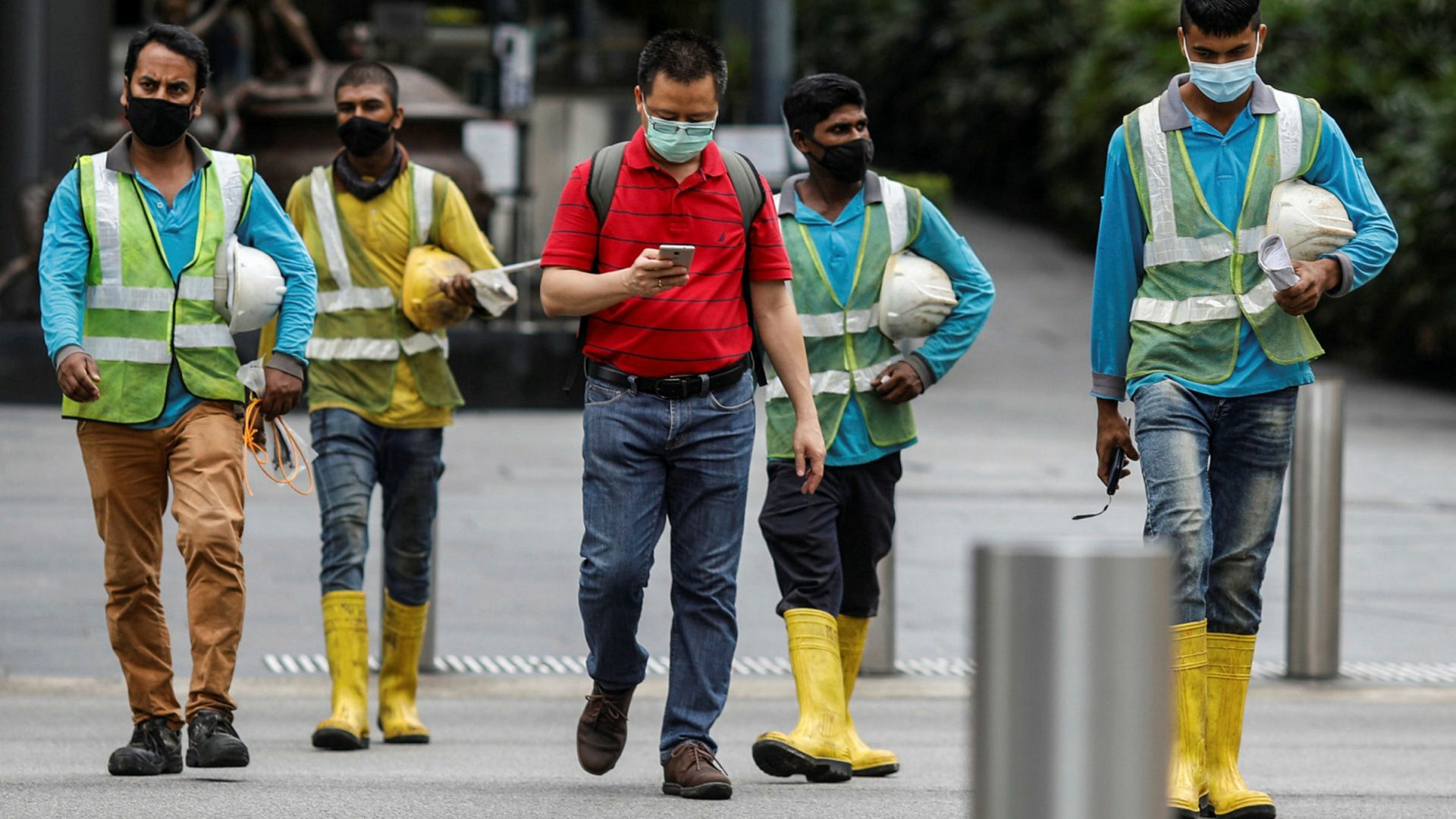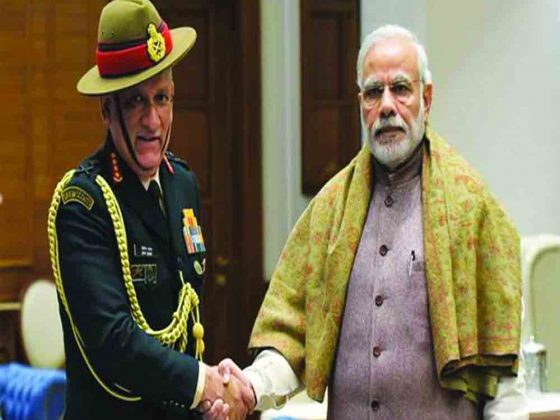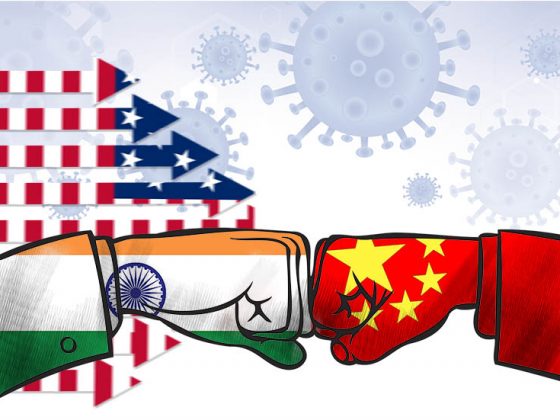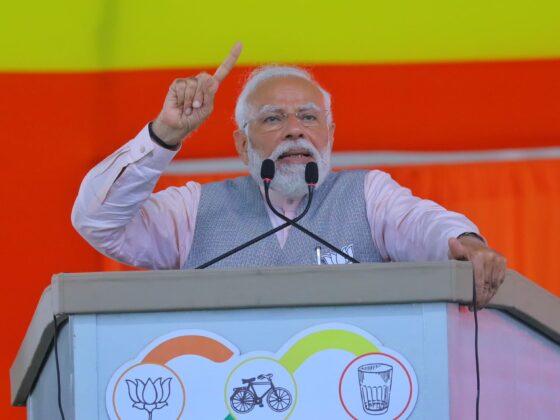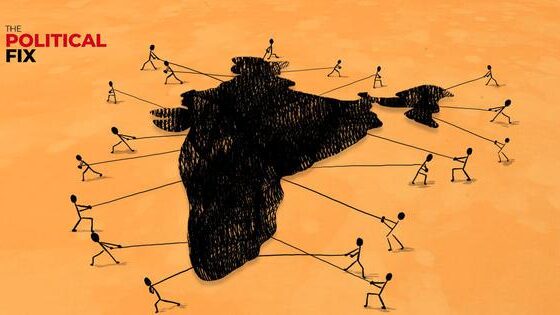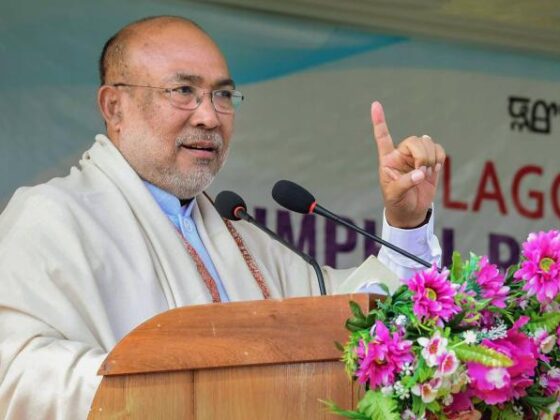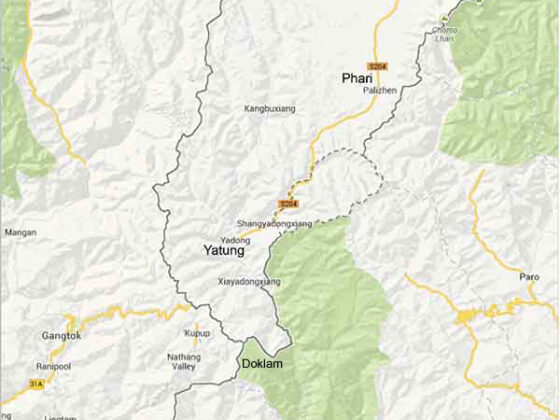The COVID-19 pandemic has severely limited international migration due to border closures and has forced millions of people to return home. According to expert estimates, the pandemic reduced the number of international migrants by the middle of 2020 by about 2 million people: to 281 million people instead of the expected 283 million people.
In 2020, immigration to the countries of the Organisation for Economic Cooperation and Development (OECD) was half what it had been in 2019; in Canada the number of immigrants decreased by 45%, and in Australia – by 70%.
To compensate the negative impact on its economy, Canada launched a recruitment programme to bring in 400,000 immigrants in 2021, 2022 and 2023. The number of migrants who came to Saudi Arabia decreased by 90%.
The pandemic partly realised a hypothetical situation long idealised among migrantophobes: “how much better it would be if the migrants went back where they came from.” Although some, rather than all migrants returned to their homelands, the host countries were able to really feel what it was like to do without them.
COVID-19 has greatly affected territorial mobility both between countries and regions, and within specifi c states. As a result, migration fl ows and remittances declined, accompanied by a rise in migrantophobia and xenophobia in the main destination countries. These crises overlapped with the fact that migration has been a major political issue in North America and Europe over the past years.
Andrei Korobkov
Dr. Andrei Korobkov is an Adjunct Distinguished Visiting Fellow at The Peninsula Foundation. He is a Professor of Political Science and International Relations and the Russian Studies Minor Director at Middle Tennessee State University. In 2015–18, he also served as MA in International Affairs Graduate Director. He held a part time position at the RAS Institute for Socio-Political Studies in Moscow and is an Invited Researcher at MGIMO-University. He graduated from Moscow State University and holds a Ph.D. in Economics from the Institute of International Economic and Political Studies of the Russian Academy of Sciences and a Ph.D. in Political Science from the University of Alabama.

